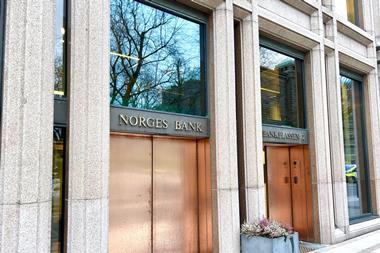A coalition of public and private sector entities is looking to investors to help stem further growth in antimicrobial resistance (AMR).
Investor Year of Action on AMR, as their initiative has been dubbed, was launched in Davos, Switzerland, today, and has as its main objective “to leverage investor influence to make change happen”.
It is backed by the UK’s department of health and social care, Access to Medicine Foundation, the Principles for Responsible Investment, and FAIRR, a non-profit organisation working with investors on the topic of intensive animal production.
“The financial sector sits at the top of the investment chain and can positively change behaviour if it aligns with international standards and guidelines such as the WHO Global Action Plan on antimicrobial resistance,” the organisers said in a statement.
They said that antimicrobial resistance – resistance to antibacterial, antiviral and other drugs in different types of micro-organisms – was responsible for at least 700,000 deaths globally each year, and cost more than $1.5bn (€1.4bn) in healthcare expenses and productivity losses in the EU.
Jeremy Coller, founder of FAIRR and chief investment officer at private equity firm Coller Capital, said: “Our defences against AMR are wearing thinner by the day, and the microbes are getting tougher.
“We need urgent global change to combat AMR – and that needs investors in the driving seat.”
Citing the work done with FAIRR, he said “money talks”.
“Over the last few years our investor coalition has engaged with 20 global restaurant chains who had no plans to reduce antibiotics,” said Coller. “Now all 20 have an antibiotic stewardship policy in place, and the livestock industry has reduced antibiotic use by 40% in five years.”









